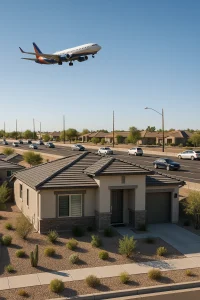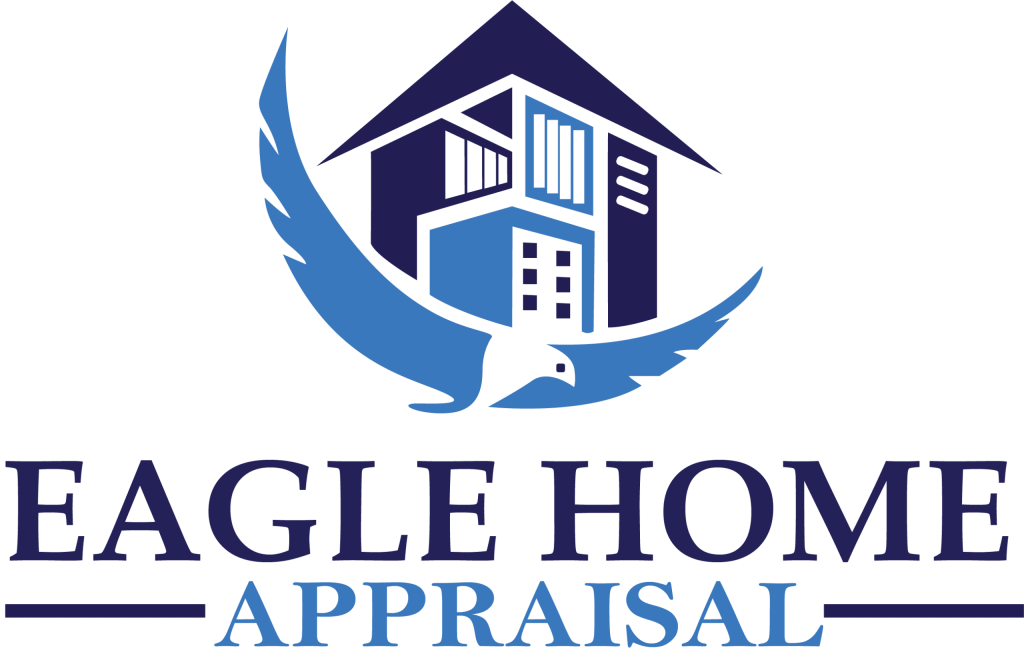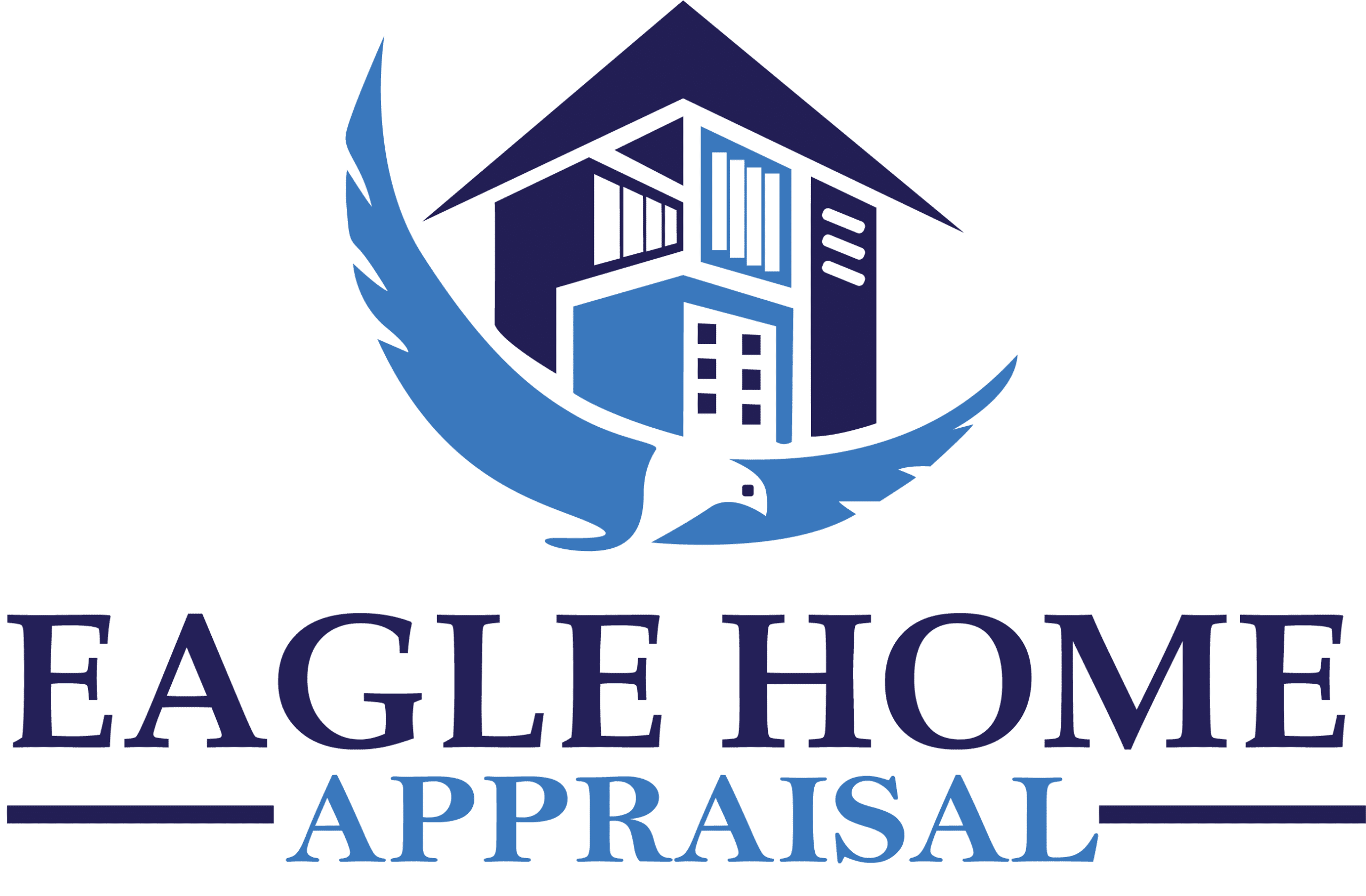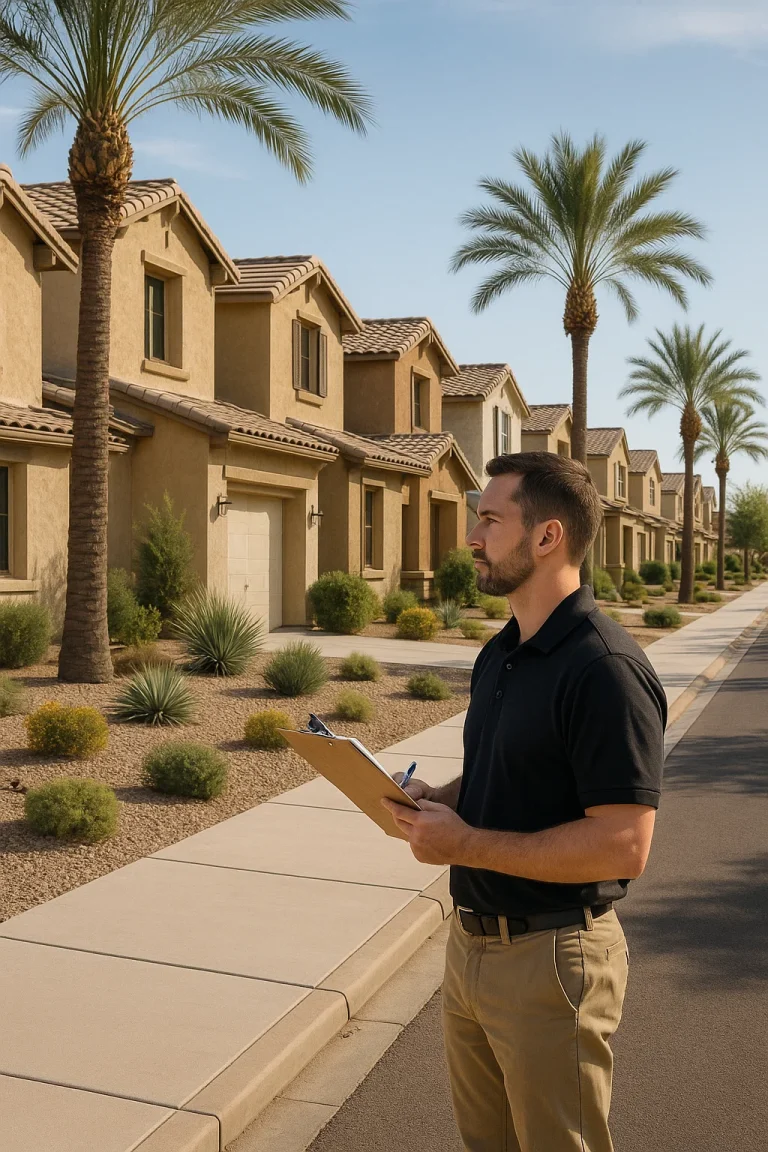Do appraisers account for noise from nearby freeways or airports in Gilbert?
 Property appraisals in Gilbert, Arizona, are shaped by a variety of external and internal factors, and one of the most significant is the presence of noise from nearby freeways and airports. The area’s rapid development means that more homes and commercial properties are situated close to major infrastructure, making noise a common concern in many neighborhoods. For both buyers and sellers, understanding how appraisers treat these noise sources is crucial. For real estate professionals, knowing how noise impacts valuation ensures fair and informed transactions, while for homeowners, awareness guarantees accurate expectations during sales, refinancing, or property tax appeals. This article, presented by Eagle Home Appraisal Gilbert, explores in depth how noise from highways and airports is assessed, documented, and incorporated into property appraisals for the local market.
Property appraisals in Gilbert, Arizona, are shaped by a variety of external and internal factors, and one of the most significant is the presence of noise from nearby freeways and airports. The area’s rapid development means that more homes and commercial properties are situated close to major infrastructure, making noise a common concern in many neighborhoods. For both buyers and sellers, understanding how appraisers treat these noise sources is crucial. For real estate professionals, knowing how noise impacts valuation ensures fair and informed transactions, while for homeowners, awareness guarantees accurate expectations during sales, refinancing, or property tax appeals. This article, presented by Eagle Home Appraisal Gilbert, explores in depth how noise from highways and airports is assessed, documented, and incorporated into property appraisals for the local market.
Understanding External Property Influences
Appraisers look beyond a home’s immediate features to incorporate broader external influences, including traffic and aircraft noise. External obsolescence—a reduction in property value due to outside forces—covers undesirable conditions such as loud freeways or proximity to airports. During an appraisal, experts evaluate the property’s environment, noting if noise exceeds what is typical for the neighborhood. This process involves comparing the subject property to recent sales of similar homes to determine if noise levels affect desirability or selling price. Various studies show persistent noise can reduce property values by considerable margins, depending on intensity and community expectations. For Gilbert, a city intersected by key transit corridors, these issues are especially relevant.
Assessing Highway and Freeway Noise in Gilbert
Gilbert’s SR-202 Freeway and other major roads are major noise contributors for nearby residences. Appraisers undertake site inspections, listening for noticeable highway sounds and measuring ambient noise levels using industry tools or referring to environmental studies when available. The impact on market value depends on several factors: distance from the freeway, the presence of noise barriers, and the frequency/volume of traffic. Gilbert’s real estate studies found a documented reduction in market prices due to proximity to highways, averaging a 6% decrease in property value for each 10 dB(A) rise in noise above ambient conditions. To quantify this effect, appraisers compare sale prices of homes with and without significant freeway noise exposure, making adjustments based on local precedent.
Aircraft Noise and Its Role in Appraisals
Gilbert is also impacted by aircraft noise from nearby Mesa Gateway Airport and other local airstrips. Appraisers evaluate the intensity and regularity of airplane sound, considering both daytime and nighttime flights. Aircraft noise is typically mapped in terms of “noise contours,” with federal and state authorities providing resources to assess which zones are subject to high noise levels. In Arizona, areas within designated high-noise zones also face zoning restrictions and disclosure requirements, which directly affect marketability and the appraiser’s final value estimate. Studies in comparable markets have found value reductions for properties within airport noise influence zones, with losses correlating closely with the measured or perceived intensity.
Scientific Methods Used for Noise Assessment
Appraisers employ standardized scientific methods to quantify noise impacts. For highways, the Calculation of Road Traffic Noise (CRTN) model, among others, estimates noise exposure based on traffic volumes, speeds, and environmental factors. Sound meters can be used to take on-site readings, and appraisers consult environmental impact reports when available. For airport noise, parameters such as Day-Night Average Sound Level (DNL) are employed, with a 65 DNL contour commonly considered the boundary of residential compatibility. Appraisers analyze where a property sits relative to these metrics, referencing maps from local and federal agencies.
Market Reaction and Comparable Sales Analysis
One key appraisal principle is to reflect actual market reaction. If buyers consistently pay less for homes near noise sources, appraisers must adjust their opinion of value accordingly. This is done through comparable sales (comps) analysis, identifying recent sales of homes with similar noise conditions and comparing them to quieter properties. The appraiser investigates if discounts have been applied during transactions, occasionally speaking to realtors, reviewing listing histories, and analyzing price differences attributable specifically to noise. In Gilbert, competitive listings near the SR-202 Freeway or Mesa Gateway Airport often sit longer on the market or accept lower offers, which is reflected in the appraisal adjustment for adverse location factors.
Legal and Disclosure Requirements in Arizona
Appraisers in Arizona operate within a legal context that requires explicit disclosure of airport proximity and noise zones. State law mandates that sellers inform buyers if a property is within the vicinity of a military or major public airport, with boundaries mapped by noise contours issued by the Arizona Department of Real Estate. Zoning codes restrict development in high-noise or accident potential zones, sometimes preventing residential construction altogether. These requirements shape the appraiser’s documentation and valuation, ensuring both compliance and transparency. Properties affected by these restrictions may see substantial adjustments downward in their value.
The Role of Noise Barriers and Mitigation
Physical noise barriers—walls, berms, and landscaping—can have a significant impact on perceived and measured noise levels. Appraisers pay close attention to presence and quality of mitigation features when evaluating properties near major infrastructure. In Gilbert, developments frequently include engineered barriers, and the effectiveness of these structures is often quantified in terms of decibel reduction. Homes situated behind robust noise barriers may be valued higher than those exposed directly to freeway or airport noise, and appraisers compare both types to establish fair market value differences. Recent projects have demonstrated meaningful noise attenuation, improving both livability and appraised worth.
Noise Mapping, Measurement, and Public Data Sources
Sophisticated noise mapping—using tools like GIS and specialized environmental studies—is common in the appraisal process. Municipalities and state agencies publish maps detailing ambient noise levels and forecast changes due to planned infrastructure expansions. Appraisers use these resources to estimate current and future impacts, supplementing field measurements and interviews with homeowners and local experts. In Gilbert, specific mapping for the SR-202 Freeway and airport zones enables appraisers to provide accurate, data-driven reports to clients, ensuring transparency whether the appraisal is for divorce, tax, estate, or transaction purposes.
Impact of Gilbert’s Unique Real Estate Market
Gilbert’s mixture of suburban and semi-urban land uses means that noise impacts can vary dramatically from one neighborhood to another. Appraisers need a deep understanding of local market trends, including how buyers perceive freeway or airport noise—the premium paid for quieter locations, and the normalization of certain levels of background noise due to regional growth. Eagle Home Appraisal Gilbert’s certified professionals track fluctuations in market sensitivity to noise, recognizing that long-time residents may discount moderate noise while newcomers might demand steeper price reductions. Granular local expertise ensures accurate, fair valuations for every property.
Special Situations: Divorce, Estate, and Tax Appraisals
For specialized appraisal assignments—divorce, estate planning, or IRS tax cases—noise impacts retain their importance. Divorce appraisals require impartial assessments of fair market value; excessive noise can be a material factor in asset division. Estate and trust appraisals must likewise reflect real market conditions for both taxation and distribution, making rigorous noise evaluation critical. IRS tax appraisals, especially for inherited properties in noise-impacted zones, depend on credible, well-documented noise accounting to support lower basis calculations and minimize capital gains exposure. Eagle Home Appraisal Gilbert tailors each report to these use-cases, ensuring defensible, transparent findings.
Final Thoughts
In summary, appraisers across Gilbert systematically account for freeway and airport noise, utilizing scientific methods, legal guidelines, and granular market analysis to produce impartial and accurate property valuations. Whether for standard transactions, divorce, estate planning, or IRS purposes, noise is never overlooked. Eagle Home Appraisal Gilbert’s comprehensive approach means each client receives a valuation tailored to their specific scenario and the realities of Gilbert’s dynamic real estate landscape. For homeowners and real estate professionals alike, understanding the mechanics behind noise adjustments empowers better, more confident decisions during every property transaction.
For professional and detailed home appraisal services in the Gilbert area—including nuanced assessments of freeway and airport noise—contact Eagle Home Appraisal Gilbert for expert guidance, credible reporting, and peace of mind at every stage of your property journey.
Divorce Appraisals
At Eagle Home Appraisal Gilbert, we specialize in providing expert divorce appraiser services, offering expert witness testimony when necessary.
Estate & Trust Appraisals
At Eagle Home Appraisal Gilbert, we offer a comprehensive range of professional estate appraisal services to facilitate estate and trust planning.
IRS & Tax Appraisals
At Eagle Home Appraisal Gilbert, we specialize in providing professional IRS tax appraisal services to minimize capital gains on inherited property.
Real Estate Appraisal
Eagle Home Appraisal is a group of independent fee appraisers committed to delivering competent, credible, and reliable appraisal reports.
Eagle Home Appraisal Services Near Me
Comprehensive Property Appraisals
Expert Witness Testimony
Fair Market Value Assessments
Rapid Turnaround Times
Customized Solutions
Contact Eagle Home Appraisal Today
For more information about our services, get in touch with Eagle Home Appraisal. Our team is dedicated to providing the best customer service, ensuring all your appraisal needs are met with professionalism and expertise. Contact us today to learn more about how we can assist you.
Get A Free Consultation

copyright @2025 all rights reserved | Privacy-policy





